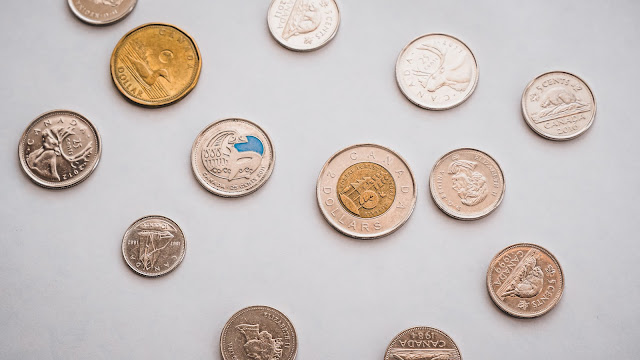The property market cycle and the overall economy are strongly related. As a real estate investor, you must keep an eye on the macro and micro-economic aspects of the cycle and know where it is heading.
However, it would help if you didn't assume that the real estate market is doing well at all times just because the economy is booming or because of the recent growth witnessed in the real estate investment sector. If you want more information, you can view here.
The RE Cycle: What Is It?
The four-phase cycle provides information on the state of the business and residential sectors. The four phases are recovery, expansion, hyper supply, and recession.
The concept initially appeared when experts started looking into home market movements about a century ago. Over the past century, as federal legislation grew increasingly restrictive, the cycle slowly developed into what people have today.
Real estate experts can explore this cycle to forecast the ideal moment to buy, retain, or resell. Investors frequently use this, but it may also be helpful to agents, buyers, tenants, and other participants in the sector.
Factors Affecting the Cycles
Demographics: A market can be significantly influenced by the population and significant changes in its composition. For instance, the baby boomer generation's retirement is anticipated to result in substantial changes in the housing market as many opt to reduce or relocate to vacation destinations.
Interest rates: the view here is usually such that the interest rates significantly impact prospective homeowners' purchasing capacity. When borrowing rates are high, many prospective purchasers may be discouraged from making a purchase.
As a result of the lower long-term cost of financing a home, low-interest rates may, on the other hand, inspire a surge in home buying activity.
General economic conditions: When forecasting the housing market cycle, the general state of the economy plays a significant role. The property market generally does well when the entire economy is doing well because it frequently mirrors the financial situation.
Generally, customers are more motivated to purchase residential real estate when the economy is substantial or is trending upward. They think their property's worth will rise further, hoping their wealth will increase.
Government policies: At times, the government will take action to stimulate an exceptionally lax market or experience a protracted recession. To encourage people to buy real estate, policymakers might enact tax discounts, rebates, tax credits, and various homebuyer programs. These kinds of governance structures may significantly impact the housing market cycle.
Consumer view: People's outlook for the economy, both now and in the future, is known as "consumer confidence." When the consumer’s confidence is strong, investment transactions and spending will increase. And when it is low, they will decrease.
The Importance of the Real Estate Cycle
Identifying if your property is in the recovery, growth, hyper-supply, or recession stages is vital for investors. Doing this will allow you to estimate how long the asset must be held and what kind of exit strategy to use with better accuracy.
The effectiveness of an investment property's income and appreciation can also be predicted by the RE cycle. The cycle can offer trustworthy information regarding the potential returns of a rental property. You'll be able to make the right capital improvement timing decisions.
Conclusion
Any real estate investor who wants to succeed in the long run must grasp the nuances of the RE cycle. The real estate market fluctuates considerably during each of the cycle's four phases, so speculators must be alert if they want to capitalize on each.

